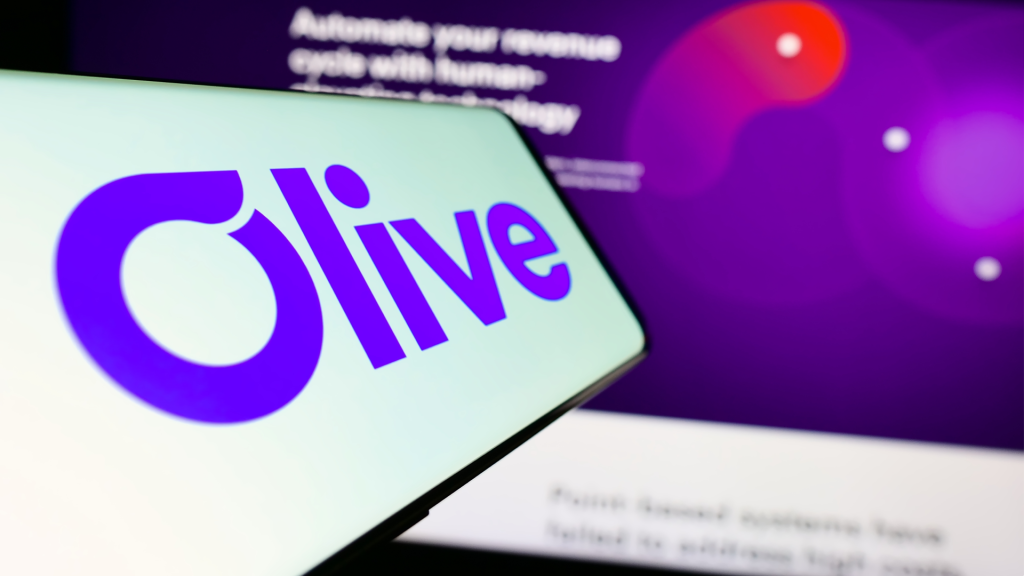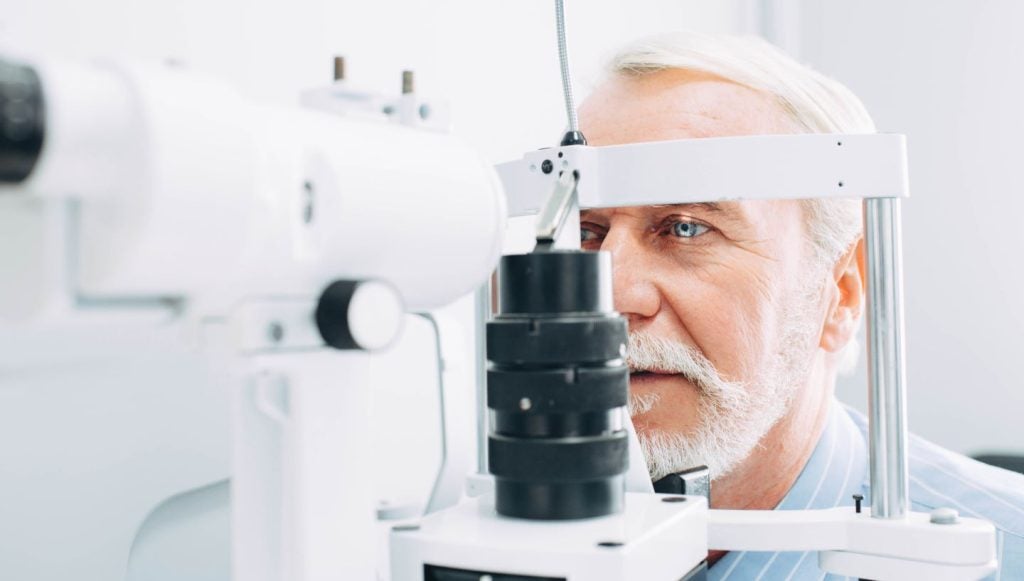The Covid-19 pandemic was a hard time for many industries, but not medtech. Digital health funding alone hit $29.3bn in 2021, the highest ever. Companies like Olive AI and Avail Medsystems raised hundreds of millions as part of a wave of technology focused medical startups that looked set to change the industry. This week, both are shutting their doors.
Olive AI was once valued at $4bn, even launching an Olive scholarship aimed at bringing more African Americans into the medtech sector. The company had aims befitting such a grandiose price tag, claiming to be building “the Internet of Healthcare.” The exact meaning of this was never quite clear, but its core product was AI software that helped automate repetitive tasks like prior authorisations. The founder, perhaps unsurprisingly had a background in tech, not healthcare.
The company announced on 1 November that it would sell its core business segments to Waystar and Humata Health, with the rest of the company dissolving. Its website in fact already redirects to that of Waystar, leaving few traces of the former unicorn beyond news stories, social media posts and several million dollars of lost funding.
There is little love lost for the company in the industry. Healthcare Marketing and communications expert Anne Zieger summed up the mood on X (nee Twitter), drawing attention to the persistent lack of clarity in the company’s value proposition.
The marketing director of Boston Software Systems, another AI-focused healthcare company, declared that many in the field knew the company was pulling the wool over investors eyes.
Avail was founded in 2017 after its founder got fed up with having to travel across the globe for clinical tests of the medical device he was building. The solution that Daniel Hawkins came up with was the Avail system: a tower placed in a surgery room featuring cameras, a monitor and speakers that connects to a proprietary laptop interface that allows medical device reps or physicians to view surgeries in real time.
The value of this technology was proven when Covid hit three years later, and with it came the need to keep all but essential staff out of operating rooms. Avail allowed medical device reps to stay in contact with doctors and prove the value of their systems without having to be in the room, allowing it to scoop $115m in funding in 20202.
It’s the kind of idea that is so brilliant that in hindsight it seems obvious: it saves time and money for physicians and sales reps while allowing surgeons access to expertise in the theatre without having to take up as much valuable space.
The company’s closure has come as a shock to industry experts, as the company looked poised to continue expansion even post Covid. The apparent reason for closure was a failure to attract raise enough new capital to continue its growth. It has yet to issue a statement regarding the closure, though staff were informed yesterday (2 November).
These two companies are indicative of a broader trend. Medtech darling Babylon Health failed earlier this year, and lay-offs are sweeping the industry. The pandemic did indeed lead to a flood of capital into the medtech world, but it didn’t take long for investors to recorrect. Digital health funding in 2022 fell by almost half to $15.3bn, and companies that relied on the ready availability of cash to soak up early-years losses have struggled or failed as a result.
Nonetheless, GlobalData research suggests that AI remains the most invested in technology theme in the medical devices sector, raising over $100bn this year so far (3 November), with internet of things investments only $1bn behind. This dwarfs investment in robotics ($25bn) and even cybersecurity ($82bn). The wave has slowed, but it’s not over yet.
Our signals coverage is powered by GlobalData’s Thematic Engine, which tags millions of data items across six alternative datasets — patents, jobs, deals, company filings, social media mentions and news — to themes, sectors and companies. These signals enhance our predictive capabilities, helping us to identify the most disruptive threats across each of the sectors we cover and the companies best placed to succeed.
















